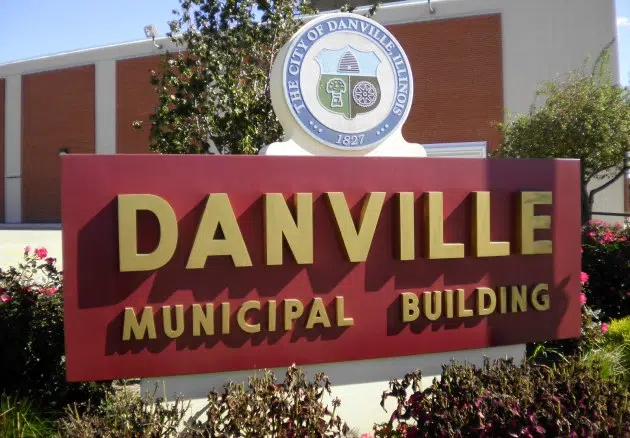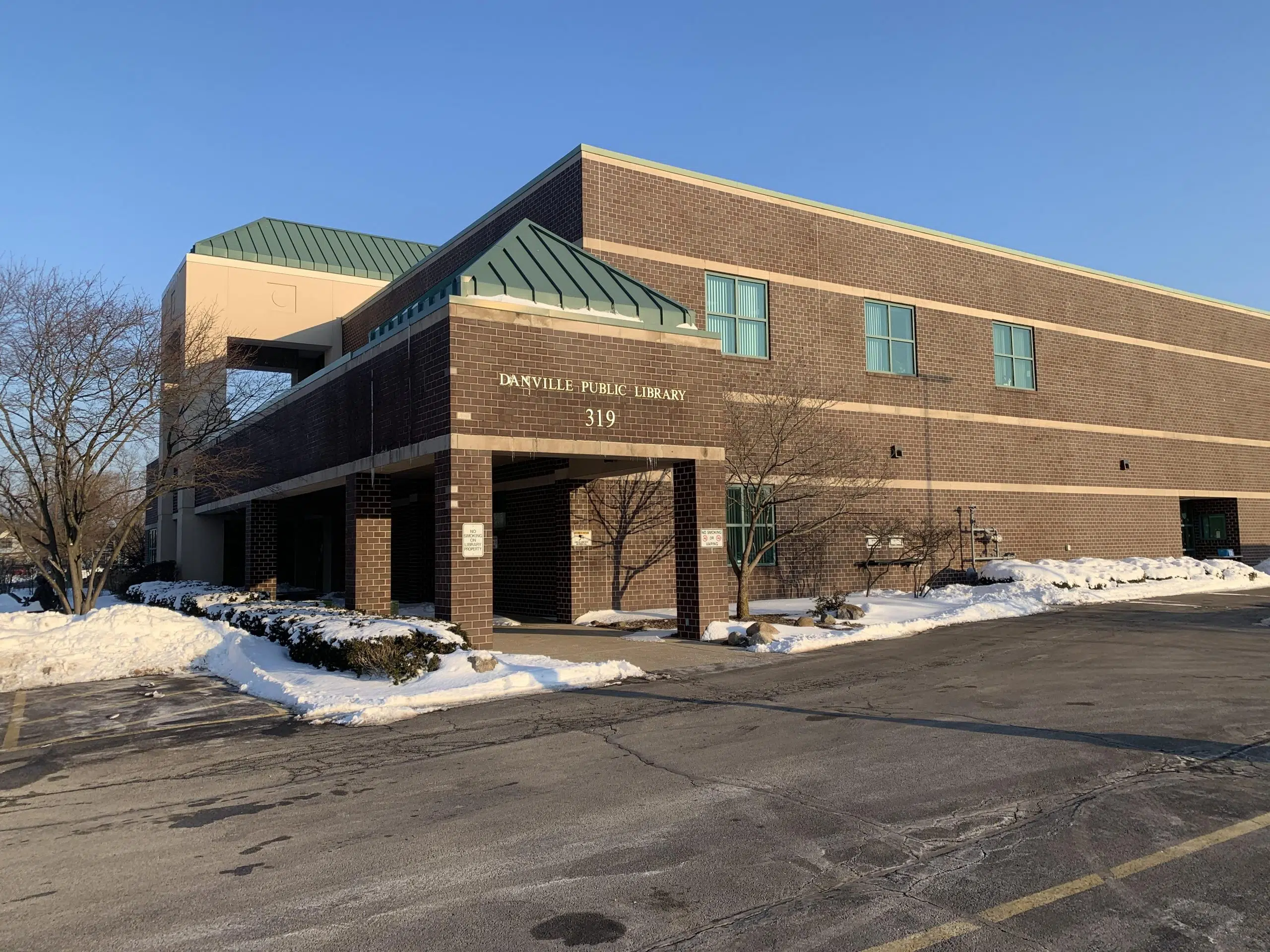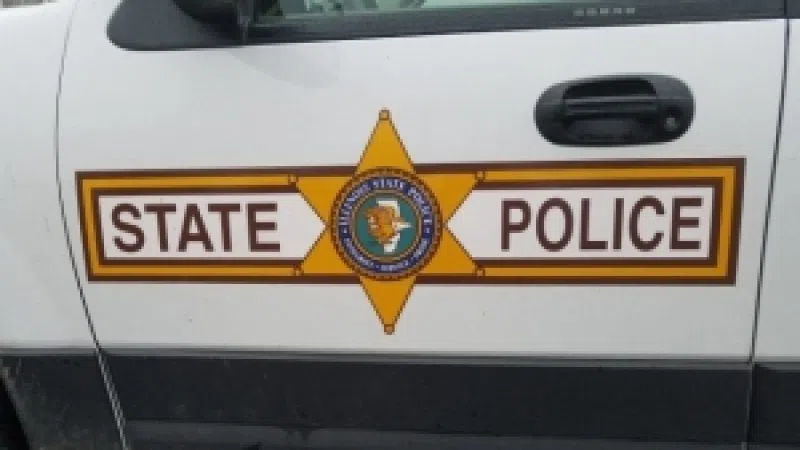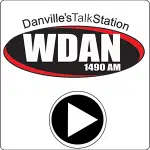A Danville City Council committee is recommending the full council approve a plan to fund a $105-million dollar pension shortfall.
The Public Services Committee last evening (Tuesday) placed its unanimous support behind a proposal from Mayor Scott Eisenhauer…
The proposal also includes a 10-percent hike in the city’s portion of local real estate taxes. The Mayor had earlier released a proposal that included a proposed utility tax on electricity and natural gas. But that plan was dropped…
Alderman Steve Foster noted many people think the proposal includes hiking the total real estate tax bill by 10-percent. But he noted it is only the city’s portion of the tax bill which will rise by 10-percent. And that could be lower if the city’s equalized assessed value rises.
Committee chairman Steve Nichols noted the shortfall in funding for police and fire pensions is not something that was done by the current city council. ‘’All the chickens have kind of come home to roost,’’ said Nichols. ‘’The problem is we have to do something.’’ Nichols added he still does not like the 10-percent property tax increase.
*****************
The proposal that will be forwarded to the full Danville City Council for consideration involves a blend of hiking the Public Safety Pension Fee and the property tax.
It would establish a flat fee of $267 annually ($22.25 monthly) for all residential structures and any structure less than 5,000 square feet. The fee would also allow for a 50-percent reduction for anyone currently receiving a senior, veteran, or disabled exemption on their property tax. That means anyone with a senior, disabled or veteran exemption would pay $133.50 annually ($11.17 a month), which is $3 more a month than what they are paying to the Public Safety Pension Fee now.
For properties in excess of 5,000 square feet, there would be a flat fee of $600 annually ($50 a month) for properties less than $50-thousand dollar net taxable value…with a flat fee of $1,020 annually ($85 a month) for those properties with a net taxable value greater than $50-thousand dollars. Mayor Eisenhauer notes the plan allows all non-profits to pay into the problem, but in a way far less expensive than some other options that were discussed earlier.












